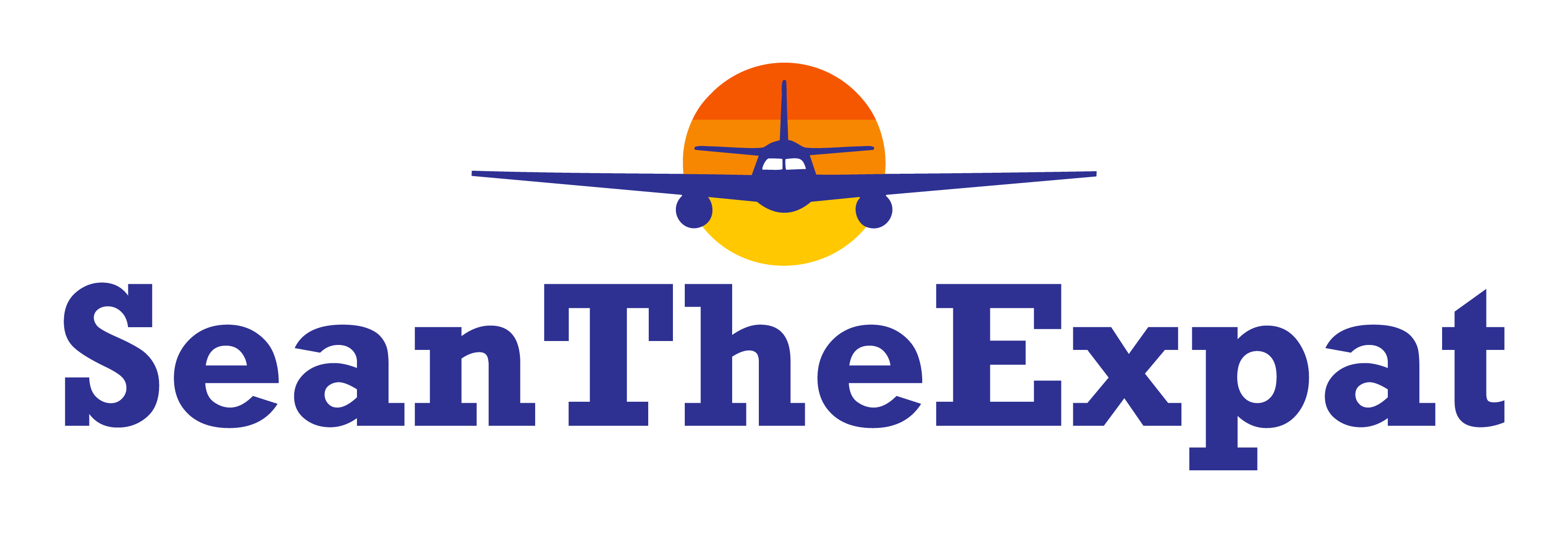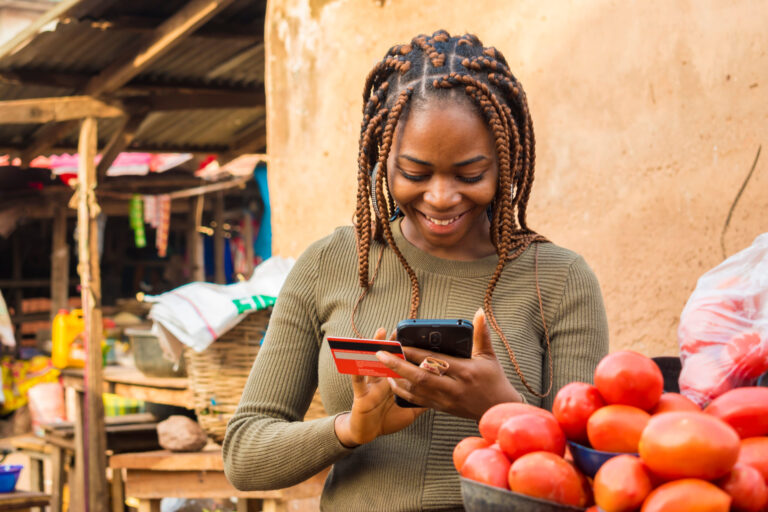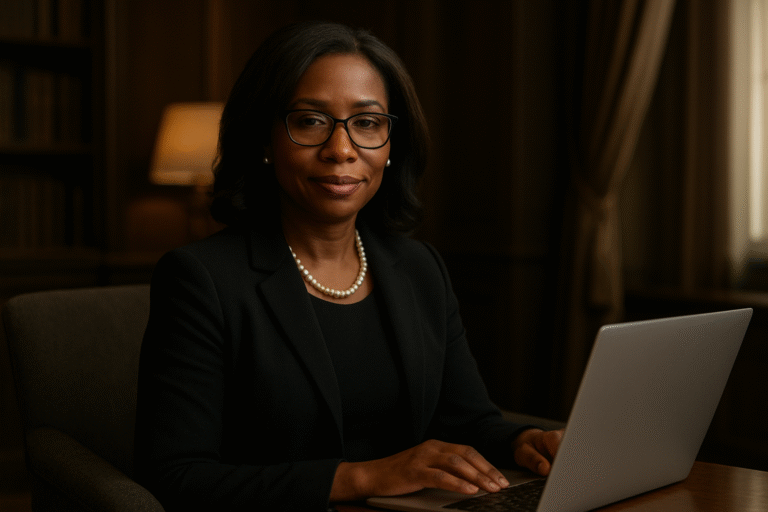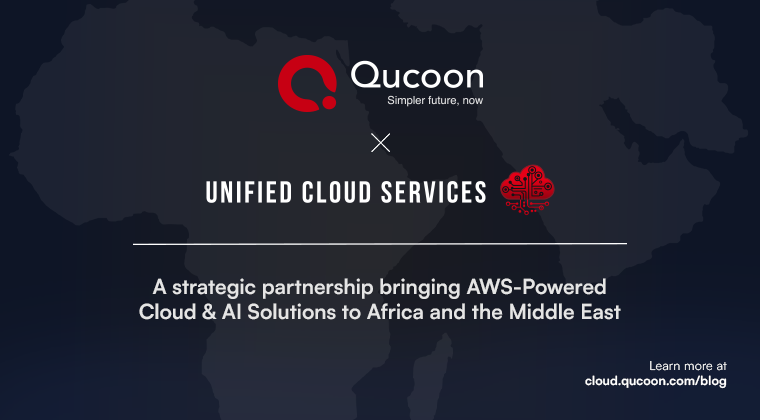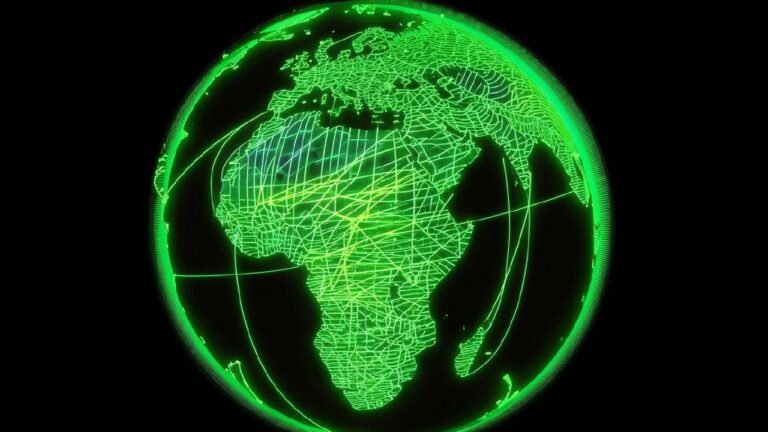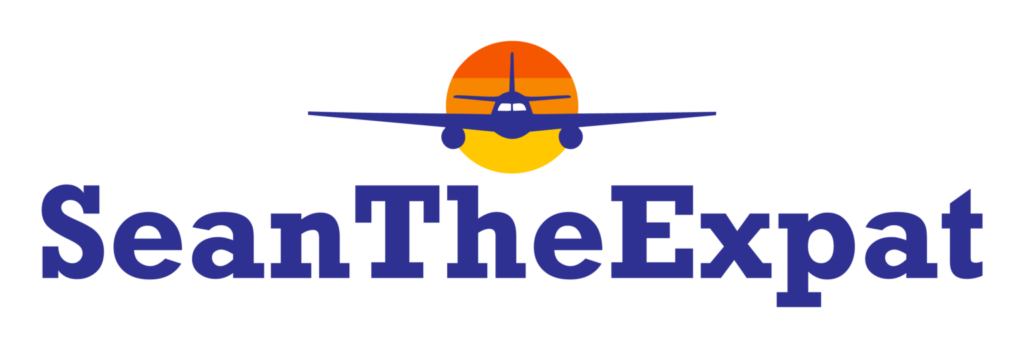Africa Creatives Grab AI, Face Reality Check
When a pandemic forced the world indoors, Mumbi Ndung’u, CEO & Founder, Power Learn Project (PLP), looked outward. As businesses struggled to digitise overnight, she saw something many didn’t: an untapped generation of young Africans, hungry to build, but locked out by cost, access, and opportunity. That crisis birthed Power Learn Project, a digital skilling platform she now leads, which has trained more than 20,000 young Africans for the emerging AI and gig economy. “We need to shift from being consumers of AI to becoming creators,” she told the audience at the Connected Africa Summit’s From Side Hustle to Scale-Up – Youth Entrepreneurship in the Age of AI & Gig Economy session. “That’s the only way it will work for us here in Africa.”
Her message captured the urgency, hope, and complexity that defined the panel discussion on youth entrepreneurship, AI, and the gig economy—a conversation that revealed both how far Africa has come and how far it still has to go.
A Generation Ready to Build — But Lacking The Infrastructure
Africa’s youth bulge is undeniable. With nearly 70 per cent of the continent’s population under 30, the demographic advantage is there. But as Ndungu emphasised, “It takes intentional investment to unlock that advantage.” Training talent is one piece; connecting that talent to viable work is another. “We’ve placed 63 per cent of our trainees in jobs. But every placement costs us roughly $2,500 in training, mentorship, and support. Are we really calculating what it takes to build meaningful digital jobs?”
The barriers aren’t just financial. Africa’s limited compute capacity makes developing advanced AI models locally nearly impossible without partnerships. And even when young developers are trained, many global AI platforms remain inaccessible or unaffordable.
Exporting Creativity, Importing Platforms
Franklin Mogoi, head of QLab (Qhala Labs), underscored the deeper economic challenge. “Every time a Kenyan uploads content to TikTok, they’re exporting that content to servers in Beijing. When they get paid, it comes back through platforms like PayPal, which charge fees. We’re bleeding billions of dollars just to participate.” According to Mogoi, African creators pay $20 billion annually in transaction and platform fees—money that could instead be reinvested to build local infrastructure, AI tools, and platforms tailored to Africa’s needs. “Imagine if even a billion of these dollars went into our creative economy,” he said.
Qhala Labs is attempting to change that. Through its new platform Karnix Africa, it connects African creatives directly with investors. “We use AI to match filmmakers and content creators with global funders. Right now, if you walk into a bank with a script, they laugh. We want to make it possible for IP-based projects to access serious capital.”
The Orange Economy: Africa’s Undervalued Powerhouse
Timothy Owase, CEO of the Kenya Film Commission, framed the creative industries as a core pillar of Africa’s future—what the UN calls the Orange Economy. The latter refers to the economic sector built around creativity, culture, and intellectual property. It encompasses industries that generate value through creative and cultural activities. Defined by its reliance on human creativity, cultural knowledge, and intellectual property rather than traditional physical resources, it often involves transforming ideas, skills, and cultural assets into economic value. “Storytelling is not just entertainment. It is the glue that binds us together, a cultural export, and a real economic driver.”
Owase pointed to Kenya’s rapid progress. In 2018, the country had no films on Netflix. Today, it boasts more than 40. “We’ve proven that African stories have global value,” he declared. But he warned that policymakers must move beyond regulation. “If government overregulates the creative economy, it will stifle it. Our job is to enable, not control.”
The creative industries are also reshaping how young Africans work. “Most creatives don’t want 8-to-5 jobs. They want freedom. They want to work from anywhere, on their own terms. We need systems that support that flexibility while still providing financial stability,” Owase pointed out.
Financing, Legal Barriers, And The IP Trap
Access to capital remains one of the biggest stumbling blocks for young creators. “Many brilliant entrepreneurs can’t present proper financial records,” Mogoi admitted. “Investors won’t fund dreams. They fund businesses.” To bridge that gap, Qhala Labs is developing AI-powered legal tools. “We’re not replacing lawyers,” Mogoi clarified. “But we can help young entrepreneurs generate first drafts of legal contracts, understand basic IP rights, and protect themselves from exploitation.”
Audience members pushed this point further, asking how African creatives can protect their intellectual property in an AI-driven world where data, content, and ideas are easily copied or repurposed. It is not an easy question to answer. “If we don’t build our own frameworks now,” Mogoi warned, “others will define the rules for us.”
Is Africa Ready for AI?
The question hovered throughout the session: is Africa truly ready for AI?
“Yes, we are ready—but we need to move urgently,” Ndung’u argued. “We have the talent. But we need infrastructure, policy, and an ethical foundation. Otherwise, we risk simply becoming cheap labour for global AI companies.”
Owase agreed. “Artificial Intelligence and the Orange Economy are the two forces that will shape the global economy. Africa must play both sides—not just as workers, but as owners.” The stakes are high. As AI begins to automate many traditional white-collar and creative jobs, the window for Africa to define its role is narrowing.
The Call to Action: Build Now
Throughout the panel, one message kept resurfacing: Africa cannot wait for perfect conditions.“Nobody is coming to build these solutions for us,” Mogoi said bluntly. “We have to build them ourselves.” Power Learn Project, Qhala Labs, and Kenya Film Commission (KFC) offer glimpses of what that future might look like: African-led, globally connected, and deeply committed to turning youthful energy into scalable, meaningful work. Or, as Ndung’u concluded, “This is not just about jobs. This is about who controls the narrative in the age of AI. And that fight starts now.”
